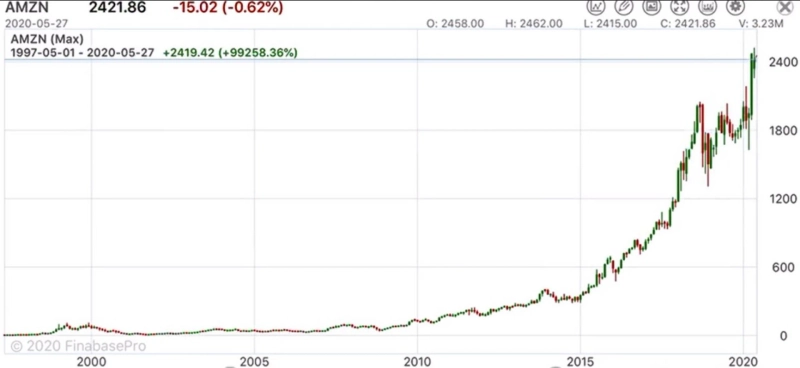Portfolio Management Services (PMS) in India refer to customized investment solutions offered by professional investment portfolio management company. These services are designed to manage and grow the client's investment portfolio while taking into account their financial goals, risk tolerance, and investment preferences.
Here are some key points about PMS in India:
Regulation: Portfolio Management Services in India are regulated by the Securities and Exchange Board of India (SEBI), the country's regulatory authority for the securities market. SEBI has established strict guidelines and regulations that PMS providers must adhere to, ensuring transparency and investor protection.Types of PMS Providers: PMS services in India are offered by various entities, including asset management companies (AMCs), banks, and independent portfolio management firms. Each provider may have its own investment strategies and minimum investment requirements.Customized Portfolios: PMS providers tailor investment portfolios to suit the specific needs and preferences of their clients. These portfolios typically include a mix of equity shares, debt instruments, and other asset classes.Minimum Investment: PMS providers in India often require a minimum investment amount, which can vary significantly depending on the provider and the type of portfolio. The minimum investment can range from a few lakhs to several crores of rupees.Fees and Charges: PMS providers charge fees for their services, which typically include an annual management fee and a performance-based fee. The exact fee structure can vary among providers.Transparency and Reporting: SEBI mandates that PMS providers provide regular reports to their clients, including details of the portfolio composition, performance, and transactions. This transparency helps clients monitor their investments.Risk Management: PMS providers employ various risk management strategies to mitigate risks and align investments with the client's risk tolerance. This may include diversification, asset allocation, and hedging techniques.Performance: PMS providers are evaluated based on the performance of the portfolios they manage. Clients can track the performance of their investments and assess whether the PMS is meeting their financial goals.Taxation: Tax implications of PMS investments in India can vary depending on the type of investments made within the portfolio and the holding period. Investors should be aware of tax regulations and consult with tax experts for advice.Liquidity: PMS investments are typically less liquid than traditional investment options like mutual funds or stocks traded on exchanges. Clients should be prepared for longer holding periods.Compliance and Due Diligence: Investors should conduct thorough due diligence before selecting a PMS provider. Verify the credentials of the provider, understand their investment strategy, and review their track record.Investment Philosophy: Different PMS providers may follow distinct investment philosophies, such as value investing, growth investing, or a combination of strategies. It's essential to align the provider's philosophy with your own investment objectives.Choosing the best portfolio management services in surat, india is crucial for optimizing investments and achieving financial goals. Investors considering PMS in India should carefully assess their financial goals, risk tolerance, and investment horizon before choosing a provider. Additionally, seeking advice from financial advisors or consulting with SEBI-registered PMS providers can help in making informed investment decisions within the regulatory framework.
Original Source: investment portfolio management services



